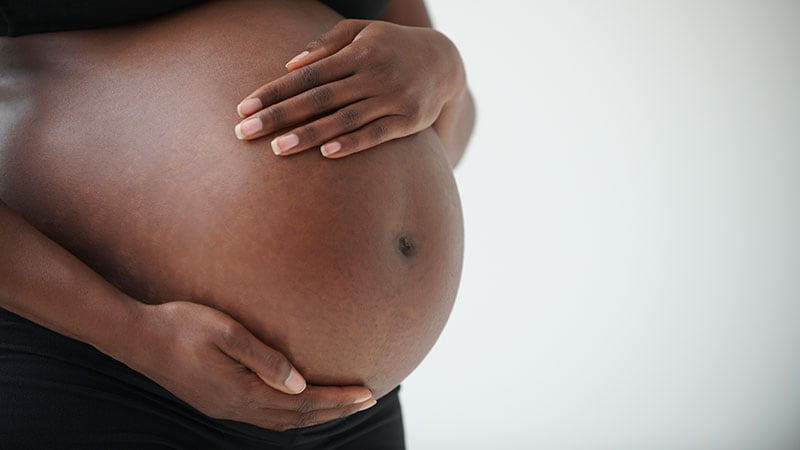Takeaway
- The Edmonton Obesity Staging System (EOSS) may be more predictive of failed induction of labor (IOL) and risk for cesarean delivery (CD) compared with BMI class.
Why this matters
- Obesity is becoming an increasing problem worldwide; 20% of reproductive-aged women in Canada are obese.
- Obesity is associated with maternal and neonatal morbidity including risk for hypertension, abnormal labor patterns, CD, and stillbirth.
- The EOSS is a proposed method of determining the risk for adverse maternal outcomes in patients with obesity.
Key results
- Risk for CD with BMI class 3 was 50.0%; however, there were no differences between classes.
- The rate of CD was 90.5% in EOSS category 3 (OR, 21.7; P<.001).
Study design
- Prospective cohort study in 2 Canadian high-volume obstetrical centers in 2018.
- Women undergoing scheduled IOL were included.
- Participants were stratified into 2 groups: BMI≥25.0 kg/m2 (n=276) and a control group with BMI 18.5-24.9 kg/m2 (n=69).
- Primary outcome was rate of CD.
- Funding: Supporters of the Lois Hole Hospital for Women through the Women & Children’s Health Research Institute and the Department of Obstetrics and Gynecology at the University of Alberta.
Limitations
- There may be provider bias to perform early CD in obese women.
References
References


